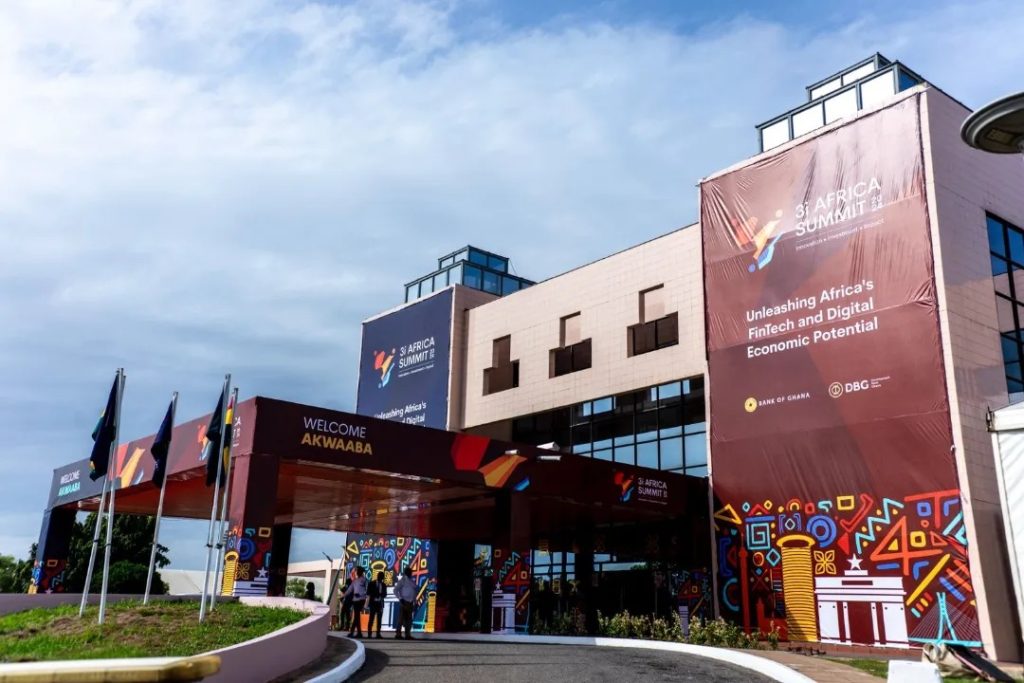Abtvgh / Digital Transformation Agenda
Ghana has experienced digital technology growth in leaps and bounds, and now ranks among the leaders in sub-Saharan Africa in technology adoption.

A 2019 survey by the World Bank indicates that the country ranks third behind Nigeria and South Africa in terms of how digital platforms are transforming the economy.
It is second after Kenya regarding mobile money adoption in Africa.
That is why the government is prioritising digitisation in sectors such as the implementation of initiatives, including national ID issuance, digital address systems and land records.
It is consolidating them to improve productivity and service delivery.
It is also digitising fiscal revenue collection, supporting a cashless society and improving online education delivery, as well as investing in the national fibre optic network to expand and improve internet connectivity.
Indeed, the government is also prioritising the promotion of increased digital literacy to support technology entrepreneurs to build technology hubs and export IT-enabled services such as business process outsourcing.
At the graduation ceremony of the University of Education, Winneba, on August 26, 2023, the Chancellor, Neenyi Ghartey VII, called on the government to accelerate the transformation of the digital economy to leverage its potential to generate jobs and transform traditional industries.
It was his view that there was the need to launch targeted and time-bound employment initiatives that focused on labour-intensive sectors such as infrastructure, agriculture and manufacturing to improve the unemployment situation.
The Daily Graphic couldn’t agree more with the suggestion because of the dire consequences of unemployment on national development.
We need not forget that unemployment creates fertile ground for the youth to indulge in unhealthy activities and become easy prey to be poached into criminal activities.
The advice by Neenyi Ghartey should also serve as a wake-up call to our students also that the era of looking for employment in government agencies is far gone, hence the need for them to be proactive in taking advantage of technological advances, innovation, entrepreneurship and skills development to be relevant in the national development agenda.
The advanced economies reached their present state because of the emphasis on vocational and technical education backed by research which fuels speedy economic development.
Already, some of these countries are turning their attention to developing countries for skilled human resources to fill gaps in their job markets, especially industries.
This is why the Daily Graphic is impressed with the government’s decision to focus more on vocational and technical education to equip the workforce with the relevant skills to bridge the skills gap and increase employability.
We expect our universities to align their programmes and courses to the initiatives by the government so that the country will be the winner.
The current situation where most of our public universities are running the same programmes and competing for students without any corresponding skills development or entrepreneurship can only result in many more unemployed graduates.
The Daily Graphic believes that all stakeholders must revisit the subject of how we can achieve our development agenda and also address the unemployment canker.
Our students must also have in mind that as they pursue higher education, they will be graduating to create their own jobs and not to look up to any government institution.
By creating jobs, they would also be contributing to the country’s development.
As Neenyi Ghartey said, it was high time that graduates adopted a proactive mindset rather than waiting for the perfect job to come their way.
They must consider becoming job creators themselves.
Graduates must see unemployment as an opportunity for innovation and transformation.
The Daily Graphic appeals to the government to intensify its support not only to industry, but vocational and technical education in particular.
The country has vast arable lands but we are unable to produce enough.
When the rains come in abundance, instead of us being happy for a possible attendant good yield, we lose hope because the rainwater washes away our farmlands, houses and even sometimes lives are lost after hours of heavy rainfall.
If we had the right combination of knowledge, skills and technical know-how, solutions could have been found to this problem long ago.
Let us work together to advance the development of our country.